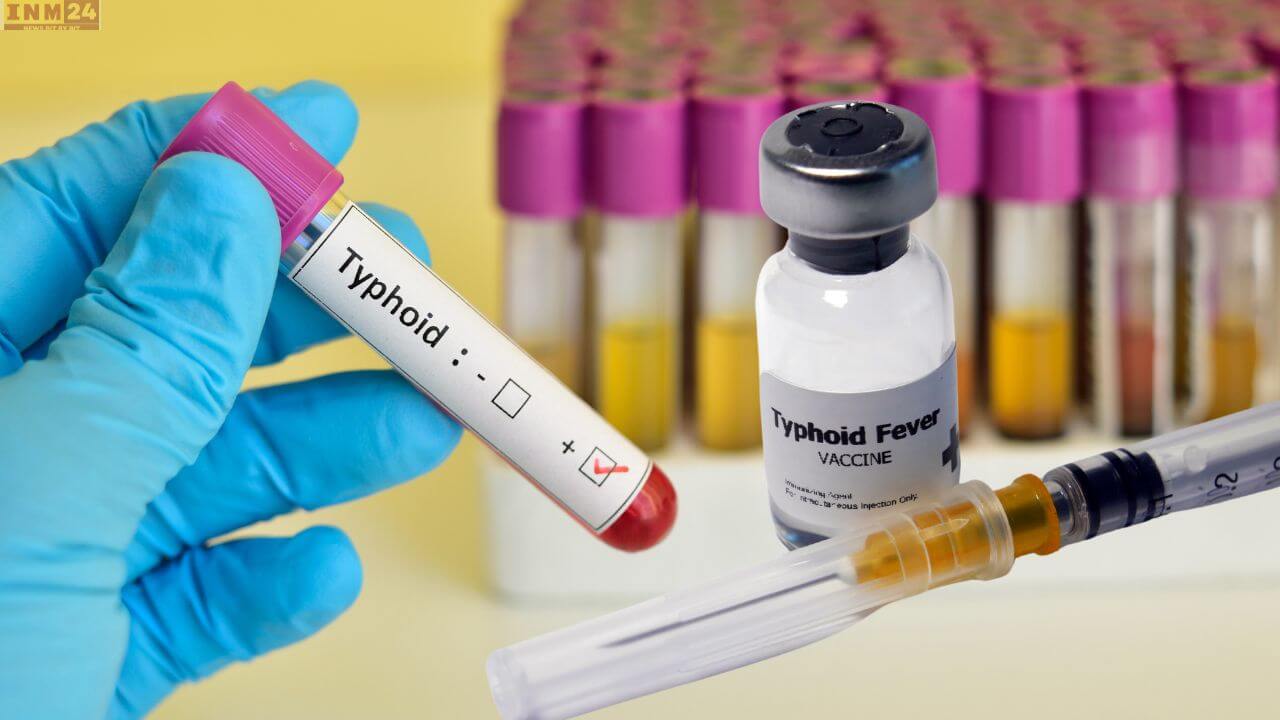Typhoid fever, caused by the Salmonella typhi bacteria, is a serious illness that spreads through contaminated food and water. With the risk of various diseases increasing due to changing weather conditions, it’s crucial to pay special attention to health and hygiene to avoid illnesses like colds, flu, viral fevers, and typhoid. Typhoid cases are on the rise, known by various names like motijhara, muktik, and typhoid fever.
Common Symptoms of Typhoid
- Headaches
- Constipation or diarrhea
- High fever
- Loss of appetite
- Enlarged liver and spleen
- Red spots on the chest
- Profound fatigue
- Feeling cold
- Abdominal pain
In cases of typhoid, it’s essential to avoid certain foods that could exacerbate inflammation in the intestines. Let’s explore these foods:
High Fiber Foods
Health experts advise against consuming whole grains and wheat products during typhoid as they exert additional pressure on the digestive system, taking longer to digest. Therefore, patients with typhoid should avoid such foods. Increasing fiber intake during typhoid may exacerbate symptoms.
Oily Foods
During typhoid fever, it’s also important to avoid oily foods, as they can worsen the condition. Consuming oily foods can further aggravate the illness, so it’s best to steer clear of them.
Reducing Spice Intake
Apart from oily foods, it’s advisable for typhoid patients to avoid certain spices such as chili and black pepper, along with hot sauces, salad dressings, canned fruits, and vegetables. This is because these foods can aggravate inflammation in the intestines.
Limiting Raw Vegetables Consumption
Additionally, typhoid patients should refrain from consuming certain vegetables like cauliflower, bell peppers, and turnips, as they can contribute to inflammation.
During typhoid fever, it’s crucial to focus on consuming easily digestible, bland foods such as plain rice, boiled potatoes, steamed vegetables, and clear soups. Maintaining hydration levels is also vital, so drinking plenty of fluids like water, coconut water, and electrolyte solutions is recommended.
During typhoid fever, avoiding certain foods that could worsen intestinal inflammation is essential for managing the illness effectively and promoting recovery. It’s important to prioritize a diet that is gentle on the digestive system to alleviate symptoms and support healing.
